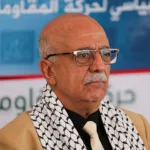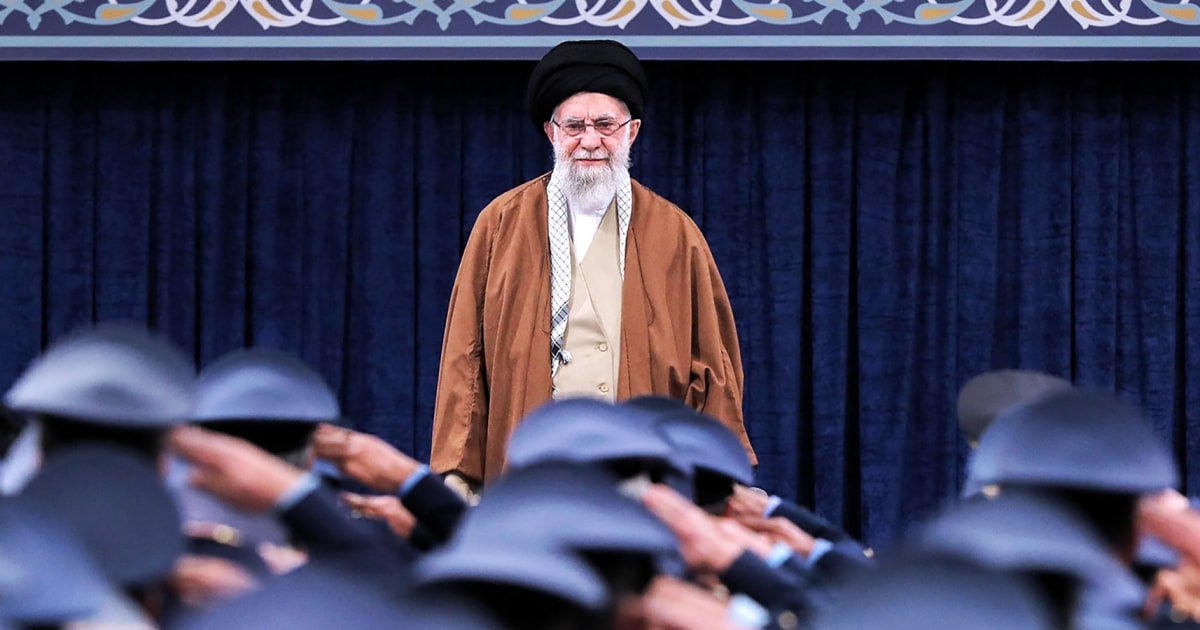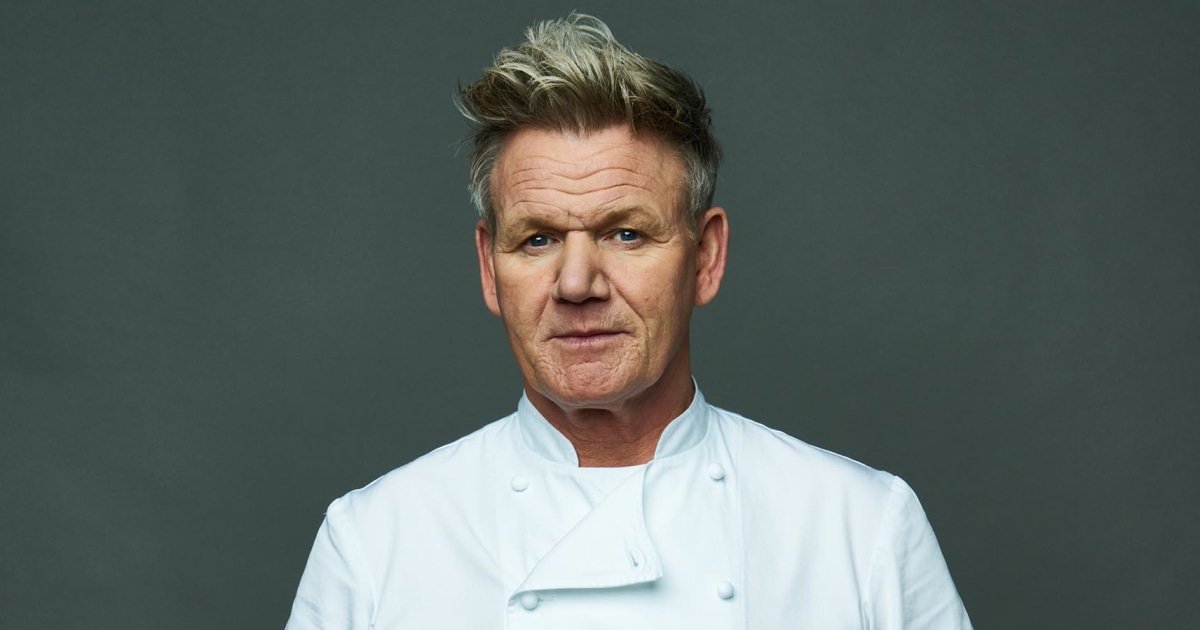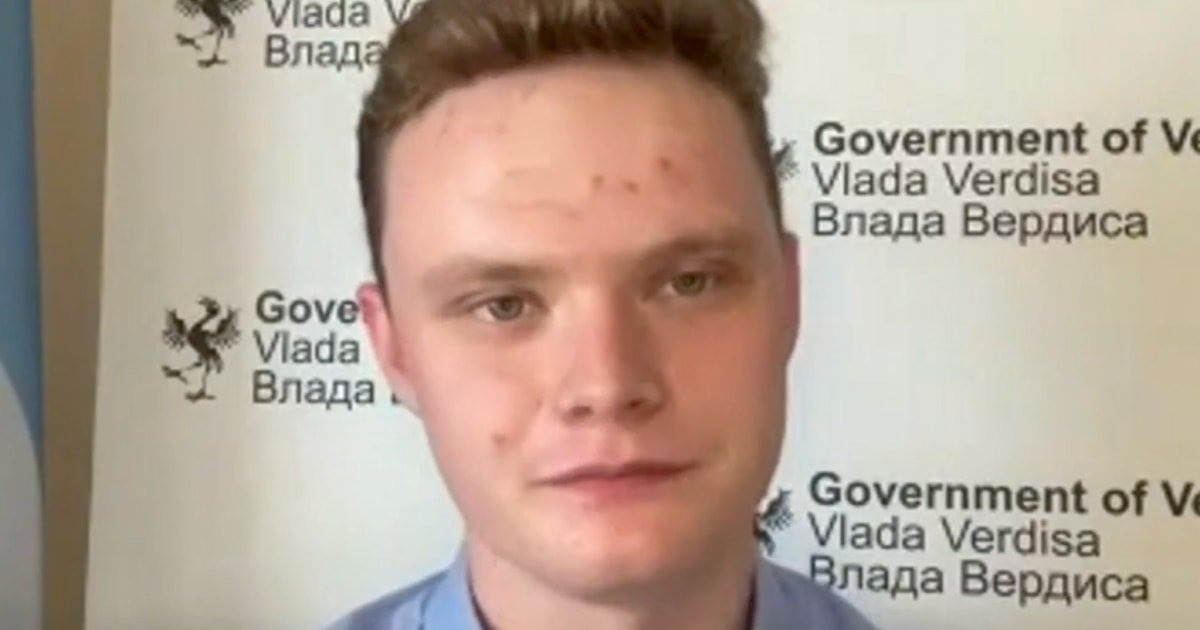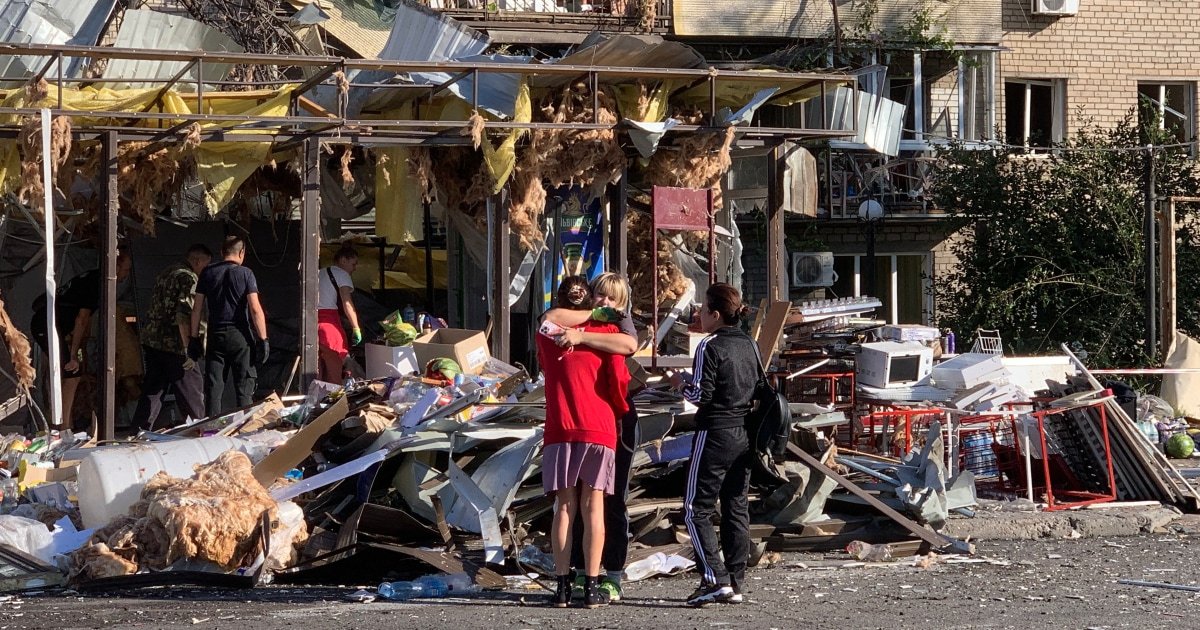Iran’s supreme leader, Ayatolá Ali Khamenei, rejected on Friday the idea of having conversations with the Trump administration, saying that the experience had shown that “it was not rational, intelligent or honorable” to do it.
“Negotiations with the United States do not solve any of our problems,” Khamenei said in a speech on Friday, according to Iranian news agency, Tasnim.
Khamenei’s comments occurred after Trump on Wednesday indicated a will to negotiate a nuclear agreement with Iran “immediately.” Days before, the president renewed his “maximum pressure” campaign against Tehran, signing an executive order aimed at preventing nuclear weapons and eliminating their oil exports.
“We will see if we can organize or make an agreement with Iran,” Trump said in a publication about Truth Social.
“We don’t want to be hard with Iran. We do not want to be hard with anyone, “he added, expressing a preference for” a verified nuclear peace agreement, which will allow you to grow peacefully and prosper. “
The comments that Khamenei, 85, pronounced in a speech to the Air Force officers, also seemed to contradict their own previous comments, in which he left the door open to discussions about whether Iran would be prepared to negotiate with the United States by an enriching uranium of enriching weapons. and sanctions for billions of dollars in exports.
Before Friday, both the White House and the Islamic Republic had indicated this week a change in tone of the first Trump administration, during which the president withdrew from a 2015 pact destined to stop Iran’s nuclear program signed by the Obama administration, and restored paralyzing sanctions.
Shortly after, the United States withdrew from the agreement in 2018, Iran violated the previously agreed enrichment limitations.
But Khamenei pointed out that story on Friday, saying that Iran had made “many concessions” with the United States in the 2010, but in the end, “the Americans did not honor the agreement.”
“Our government at that time participated in negotiations, celebrated meetings, had discussions, smiled, shook hands and built relations,” he said, added: “The person who is now in power broke the agreement.”
Trump’s Executive Order on Tuesday caused a response from Iran’s Foreign Minister Abbas Araghchi, who told Iraní Tasmin’s news agency on Wednesday that “maximum pressure is a failed experience, and repeat it will lead to another failure” .
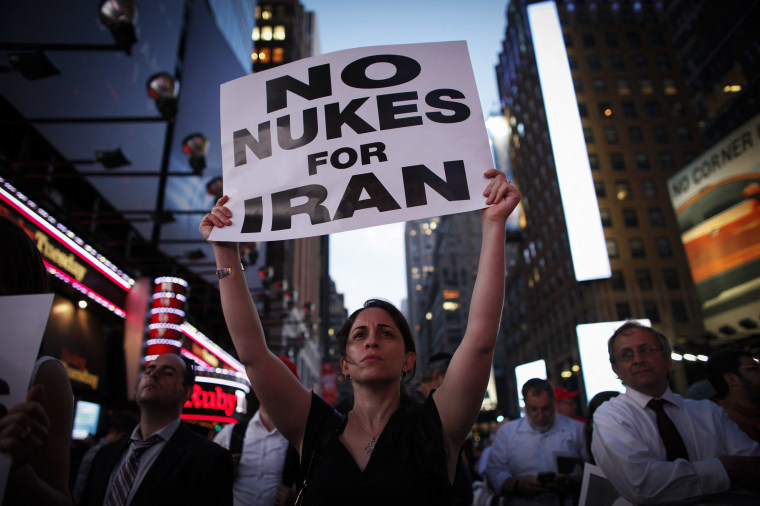
Iranian President Masoud Peeshkian also minimized the impact of US sanctions in Iran. On Wednesday, he urged his companions of Iran to the members of the Organization of Petroleum Exporting Countries (OPEC) to join possible sanctions from the United States against the main oil producer, and then saying that “Iran is a powerful country and rich in resources that can navigate the challenges to manage its resources. ”
Iranian officials in recent days have repeatedly affirmed that the country is not actively pursuing a nuclear weapon, which reiterates that it is a signatory of the treaty on the non -proliferation of nuclear weapons, an international agreement to prevent the propagation of weapons and nuclear technology .
Although Iran will not have followed the construction of a nuclear bomb, a 2023 report published by Watchdog International Atomic Energy Agency discovered that the country had begun to enrich uranium near the levels of degree of weapons.


